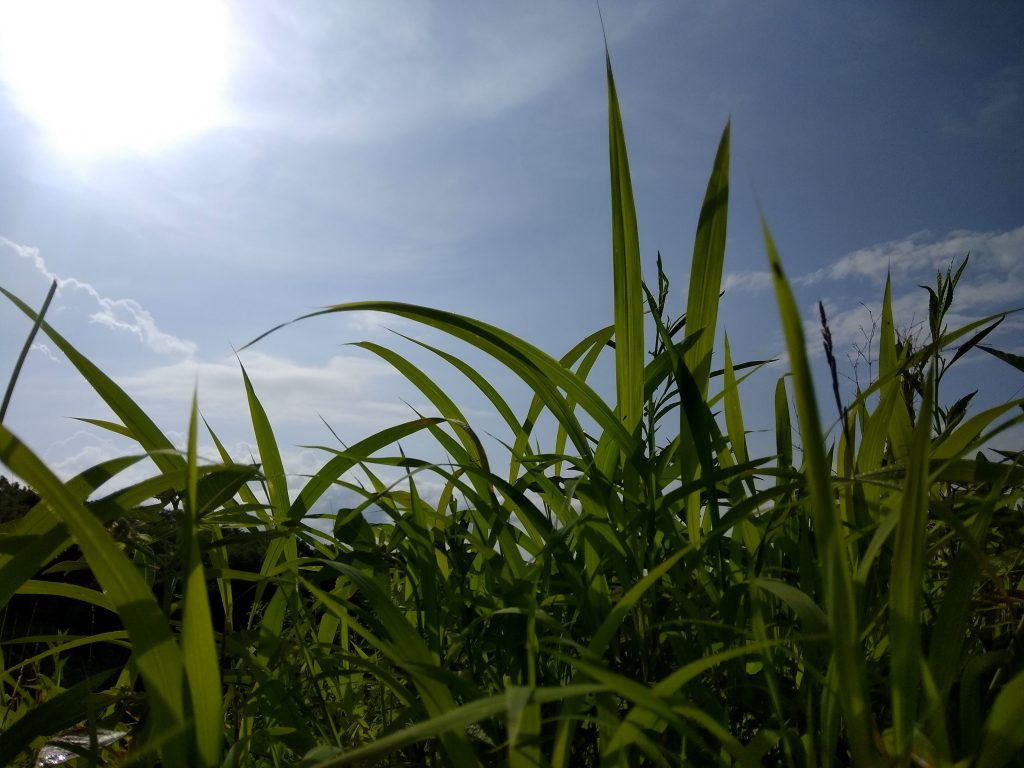At Wikimedia, technical internships aren’t reserved just for new college grads seeking work experience at the beginning of their professional lives. We invite individuals of any age and at any stage of their careers to learn and collaborate with technical staff members and volunteers. Throughout the year, our Developer Advocacy team partners with established programs to support internships and mentorships on Wikimedia technical projects. These include Google Code-In, Google Summer of Code, Google Season of the Docs, and Outreachy, an internship program, which is designed specifically to support individuals who are underrepresented in technology.
Outreachy runs two rounds of paid internships a year with the help of Wikimedia staff members and volunteer mentors from organizations like the Wikimedia Foundation. Prospective interns from around the globe have the opportunity to explore and apply to projects from participating free and open source software (FOSS) projects.
“In my experience, most people in charge of staffing a position—even an internship position—are looking for very specific credentials; interest, enthusiasm and potential don’t cut it! Well, that sure isn’t the mind-set of the mentors for this Wikimedia project. Their goal is to give people a learning experience, and they aim to be inclusive,” says Barb V., a career technical writer who applied to intern with Wikimedia’s Quality Assurance (QA) engineers through the Outreachy Internship program in late 2018. “As a 60-year-old woman frustrated in her job search, I was looking for a way to expand my skill set to be more ‘marketable.’ Also, since I was starting to get the feeling that my age might have something to do with my difficulty landing an opportunity, I was searching for organizations with a mission to help people who, for one reason or another, were underrepresented or undervalued in the tech industry.”
“Outreachy’s program seemed to be just what I was looking for, with the added benefit that it would introduce me to the open source software movement,” Barb added.
For Outreachy, Barb was paired with Elena Tonkovidova, a QA engineer in the Wikimedia Foundation’s Product Department. The pair worked on exploratory testing for the ContentTranslation extension on MediaWiki, the software that powers wikis on sites like Wikipedia and NASA.
“When I first heard about Outreachy project, I became interested in the moment I learned what it is,” Elena says. “What the Outreachy project was about—the great goal of reaching out to people to get them involved in the fascinating world of technology, to let them get rewarding experience of advancing in skills and knowledge—all that was close to my lifetime interest in teaching and my experience of working as a QA … The Outreachy project serves the same purpose of sharing the knowledge and skills, and it gets me connected with people who want to learn, and who are interested in what I, as a QA engineer, am doing at the Wikimedia Foundation.”
During each Outreachy round, mentors list projects for potential interns to explore. Projects can be wide ranging from programming to graphic design to technical writing and beyond.
“The way Outreachy internship applications work, you spend some time actually working on tasks within your chosen project before submitting your final application. This gives you a chance to “test drive” the project and see if it’s a good fit,” explains Barb.
“The micro tasks should allow the candidates to show their analytical skills but they should not involve lengthy installation and many hours of reading documentation, submitting patches, or writing many pages for test cases. The minimalism of tasks is a quite demanding requirement,” Elena says.
The effort is worth it, as Barb explains. “It’s hard to describe how rewarding this period was for me,” she said. “In fact, it’s surprising how much you can learn just by exploring one of these projects for a few weeks—whether or not you go on to complete the full internship. If you’re considering applying, I say go for it!”
Once the six week exploratory phase is complete, interns are selected. Mentors and interns agree on the project and cadence of meetings. Mentors make themselves available for questions and help make sure interns feel supported. Elena and Barb worked together for about three months.
“I just have to say [that] the mentors are so crucial to the whole experience,” Barb says. “I was extremely lucky in that department. If you’d have handed me a three-inch thick directory of possible mentors, I doubt that I could have come up with two better suited to me! … The combined effect of … two teaching styles was so effective and so empowering! I honestly have to say that this was one of the best learning experiences of my life—and did I mention that I’m 60?”
Learning during Outreachy internships goes in both directions. “Even candidates’ questions and their approach to solve the problems were quite a learning experience for me as a mentor, so I got some benefits of learning too. I made several new discoveries for myself – about the state of documentation, about my own ability to provide clear and unambiguous explanation, and much more,” Elena says.
When the Outreachy round is over, interns often find work in further their fields. Some join the Wikimedia Foundation as staff or contractors. Outreachy provides us with many success stories, which inspire others to join as volunteer mentors and apply as mentors. For those considering applying to Outreachy, Barb offers the following advice:
- Choose a project that is going to challenge you a little. Take a tiny step out of your comfort zone—and prepare for a world class learning experience.
- If you’ve chosen a project that is a little challenging, then in the beginning literally EVERYONE around you—your mentors, the outreachy staff, everyone—is going to believe in you more than you do. Take a deep breath and, to the extent that you can, try to come around to their way of seeing it, because they’re absolutely right.
The next new round of Outreachy internships will begin in September 2019.
If you are interested in participating in any of technical mentorship and internship programs supported by Wikimedia, visit our page on outreach programs or contact the Wikimedia Developer Advocacy team with questions.
Sarah Rodlund, Technical Writer, Technical Engagement
Wikimedia Foundation



